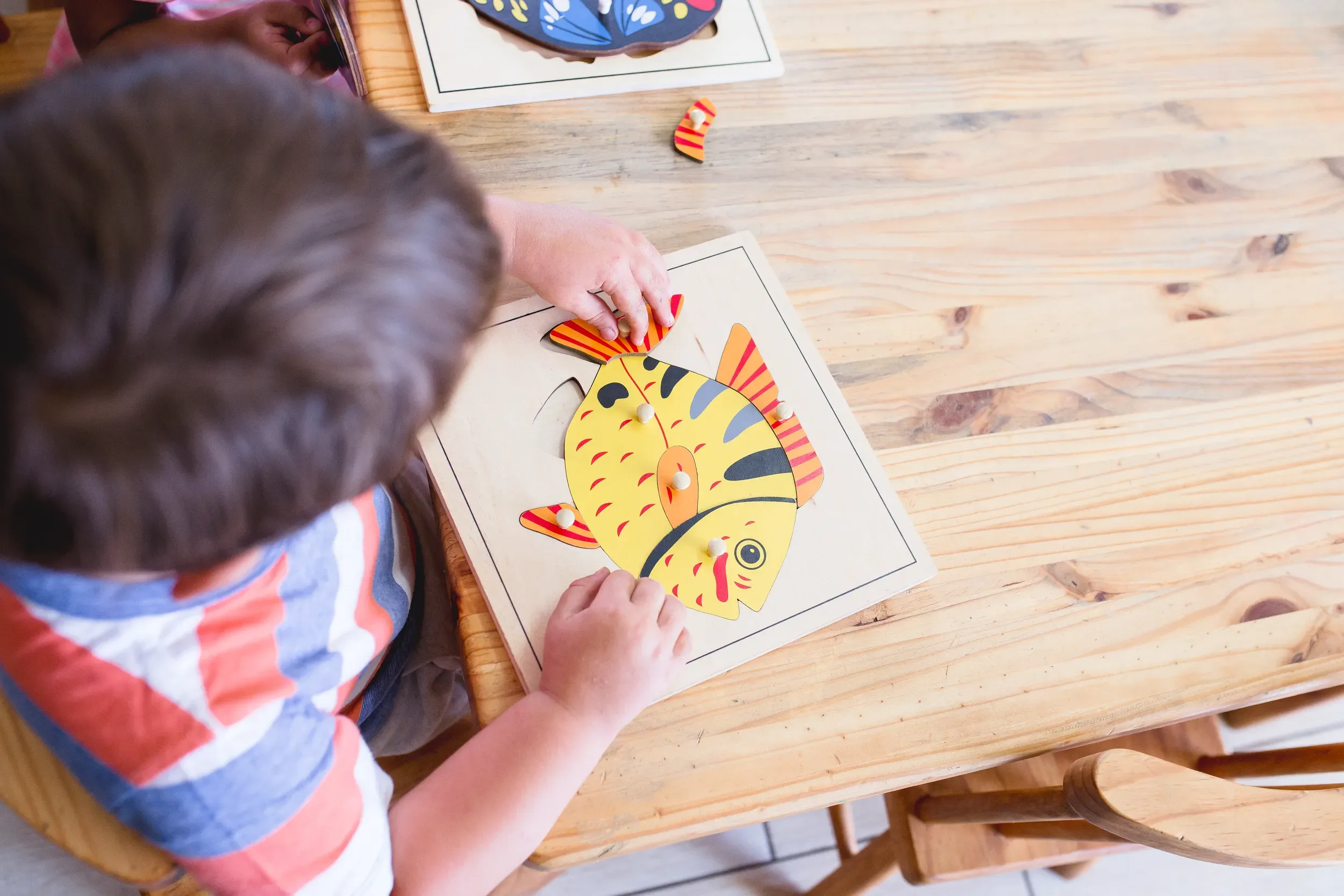Importance of reading
Parents hear it all the time: it’s important to read to your kids. But why exactly is that? And does it matter how — or when, or what — you read to them?
Explore our collection of insightful articles designed to support and guide you through the various stages of parenting. From fostering healthy eating habits to managing sibling relationships, our tips aim to help you nurture your child’s development with confidence and care.

Parents hear it all the time: it’s important to read to your kids. But why exactly is that? And does it matter how — or when, or what — you read to them?
Are your kids hooked on junk food? With these simple tips, you can get children to eat right without turning mealtimes into a battle zone.
When our kids act up, most of us get annoyed. And when they really act out, most of us get angry.
It’s normal for siblings to fight, but there are things parents can do to help them get along and support each other.
As parents, we all want our kids to be happy, fulfilled, and at peace in their lives.
From the infectious fun of side-splitting laughter to the exuberance of an impromptu pillow fight, infusing a spirit of joy and playfulness into your home nurtures your family like little else.
Disrupted schedules, traveling with little ones, the crash and burn from all the excitement — Holidays can easily be a recipe for tears and tantrums.
Most parenting experts suggest that when children “misbehave” the best response is “consequences.”
Many parents are put off by messy play, as although the idea of finger painting or crafts sounds fun at first, the reality of paint, glue and glitter getting everywhere and the inevitable operation clean up that follows it soon sets in.
We all know it is difficult to keep our little one’s eating habits healthy while trying to make sure that they are exposed to a nutritious and healthy variety of food.
Kids have a lot on their minds, from the history test to the soccer tryouts to the newest computer game. Parents can be dismally low on their list.
If your child regularly ignores you when you tell her “no”, then chances are you’re saying it too frequently.
Your child is fairly certain to act like a child, which means someone who is still learning, has different priorities than you do, and can’t always manage her feelings or actions.
Nurture and Nature Montessori | Copyright 2025 | Privacy Policy Powered by Hostify